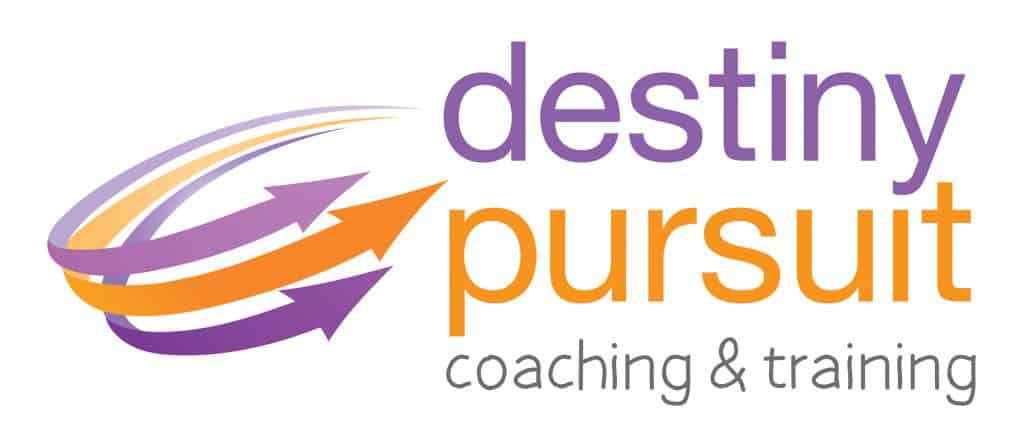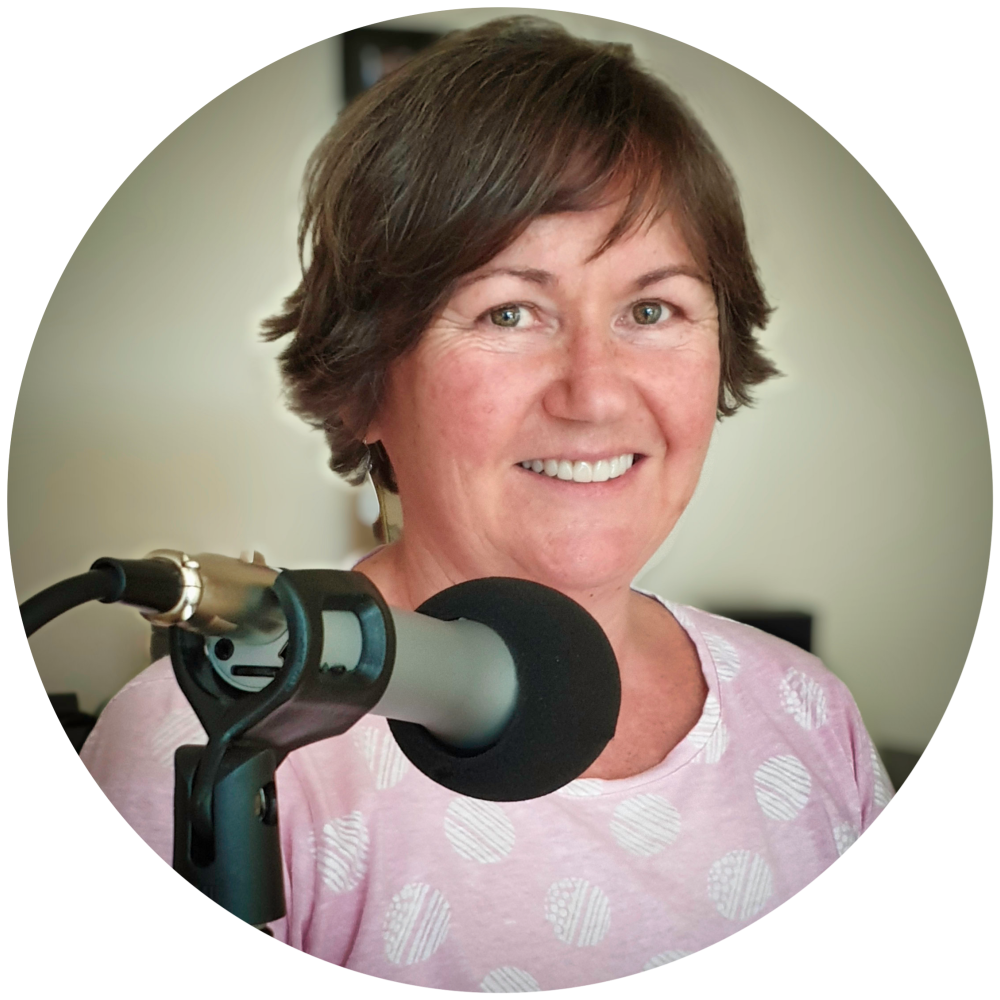Knowing Your Outcome - NLP Matters, Episode #011

People who have success in their own lives, on their own terms all have a clearly defined purpose, they have a clear plan to achieve it, and they have a passionate desire that drives them to reach their goals.
Successful people also demonstrate to us what is perhaps the most fundamental component of building success, and that is following the proven recipe which, fortunately for us has been studied, analysed, modelled and recorded as a powerful NLP technique, called the 5 Principles for Success.
The NLP Five Principles for Success are the strategies that successful people have in common, and together they provide all of us with a roadmap to achieving our goals and our dreams.
These principles are:
- Knowing your Outcome;
- Taking Action;
- Sensory Acuity;
- Behavioral Flexibility; and
- The Physiology and Psychology of excellence
In this episode, we’ll focus on the first of these principles – Knowing Your Outcome, because this is the place we all need to start from on our way to achieving success.
Listen to the podcast to learn more.
Listen to the Podcast
Here are some key takeaways from this episode:
- Create a clear picture of what you WANT. When defining your purpose or your goals, it’s critical that you can dream about it, think about it and talk about it very specifically in terms of what you do want, so you can focus your attention and effort towards achieving them.
- Your success is affected by the way you think about and express your purpose and your goals.
- Get a clear focus of what you will SEE, HEAR, FEEL,and TELL yourself when you have your outcome. This is your EVIDENCE. When you do see, hear, feel and tell yourself and others those things, you know you have your result.
- There are lots of tools that you can use when it comes to having clear goals and to get a real focus into your outcome. The essential ingredient is always KNOWING THE OUTCOME.
- Define your evidence for success, so then, you will know you have succeeded.
SMART Goals
The SMART Goal framework is a practical tool that people use construct their purpose and their goals.
SMART is an acronym that stands for:
S - Specific and Simple
M - Measurable and Meaningful to you
A - Achievable and As if now
R - Realistic
T - Timed and Toward
Let’s look at each definition of SMART.
S - Specific and Simple
- A specifically stated goal has a much greater chance of being accomplished than a general goal.
- Ask yourself: Who is involved? What specifically do you want to accomplish? Where will it happen? What are the requirements and constraints?
- When your unconscious mind has some specific information to work with, the criteria for success becomes clearer.
- Being specific means that your focus, what you pay attention to, is more aligned and on board. It helps you achieve your goal with less distraction.
- Choosing a goal is like programming your mind. The clearer the goal, the more efficient and effective your mind will be when searching for your goal.
- Starting with the END in mind ensures that your goal is crystal clear.
- To maximise your success, the goal or outcome must be described using sensory-specific language. This means you know what you will see, hear, feel, smell and/or taste and tell yourself when you achieve the goal.
- Using sensory specific language means to connect with the emotion of your goals. They start to feel exciting and this in turn feeds your passion and motivation making it something you can really go for!
- Having that emotional attachment to achieving your goal is important. When you are passionate about it and if you’re also clear about how the goal will meet your top 3 or 4 core needs, then you can feel that your investment into achieving the goals is worthwhile.
- When you focus on the things that you desire, you can make it possible for your body and your mind to work hand in hand in transforming a focused idea into the physical achievement of your dreams.
M - Measurable and Meaningful
- Goals are more likely to be achieved when you establish concrete criteria for measuring progress toward the attainment of each goal you set.
- Ask yourself: How much, how many, how will I know when it is accomplished?
- Ensure that your goal is something that you genuinely want and not someone else’s goal.
A - Attainable and As If Now
- There’s no point setting a goal that you cannot reach, no matter what.
- Ask yourself: Has anyone else ever done this or has anyone else ever done the steps that when put together would deliver this goal?
- You can attain almost any goal you set when you plan your steps and establish a time frame that allows you to carry out those steps. Goals that may have seemed far away and out of reach eventually move closer and become attainable, not because your goals shrink, but because you grow and expand to match them.
- The “As If Now” bit utilizes the powerful NLP “AS IF” frame to ensure your goal has been written as if it is already a reality. In order to attain your goal you must do it as if it is present now.
R - Realistic
- To be realistic, a goal must represent an objective toward which you are both willing and able to work.
- For a goal to be realistic, you must be willing to push through when the going feels tough.
- Ask yourself: How do I need to be and what do I need to do to accomplish this goal? Where are you now? What are the steps required to get there? What resources do you need to follow those steps?
- To know if your goal is realistic, determine if you have accomplished anything similar in the past or find someone who has and model from them.
T - Timed and Towards
- A goal should be grounded within a time frame. Without a time frame tied to it, there is no sense of urgency.
- Your goal must be concrete to fire up your motivation and your action towards it. You need to anchor it within a timeframe, then set the timer into motion as you begin working on the goal.
- Your goal should have a TOWARD motivation.
- There are 2 directions that motivate people – moving away from something they don’t like or don’t want. If your motivation is all AWAY from - escaping pain, then as soon as you move to a point where the pain stops, so does your motivation. This means you stop too.
- A goal has to be defined as something you want and desire. Whilst it helps to have an awareness of what you also do not want, this is NOT the goal! It is merely a part of what motivates you go for your goal.
- You can choose not only what you ultimately want out of life, but how you experience life moment by moment. If you move your focus away from ‘problems’ to a desired outcome, you will have a much higher chance of achieving those outcomes.
Knowing Your Outcome - starting with the end in mind – and getting really clear about what success looks like, sounds like, feels like, and what you tell yourself about it, is one the keys to achieving success and realizing your goals and dreams.
In our next episode, we will focus on the second and third of the Five Principles for Success – Taking Action and Sensory Acuity.
Listen to the Podcast
Joanne Clark
Joanne Clark is an Internationally accredited Master Trainer of NLP who has been delivering NLP training since 2011. Being on her feet in front of training rooms is where Jo loves to be and her passion for inclusive and immersive training that delivers outstanding learning outcomes is apparent to everyone in her training rooms. On average Jo delivers 140 days of training per year in addition to online webinars, guest speaker events and group coaching.
“NLP is at the core of all my training and coaching, it is at the core of who I am, how I interact and connect with people. I am absolutely passionate about spreading the NLP tools across the planet as I endeavour to support Robert Dilts’s vision of Creating a world to which people want to belong.” Joanne Clark
Certified Master Trainer of NLP; Master Practitioner NLP, Hypnotherapy & Matrix Therapies; Performance Coach; Cert IV Coaching; Advanced Practitioner in Coaching; Cert IV in Business; BA(Hons); Majors in Sociology and Psychology; Parent Education Leadership Training (PELT) Certificate; Mother of four children; Private Pilot (PPL); Diploma in Life Coaching


0 comments
Leave a comment
Please log in or register to post a comment